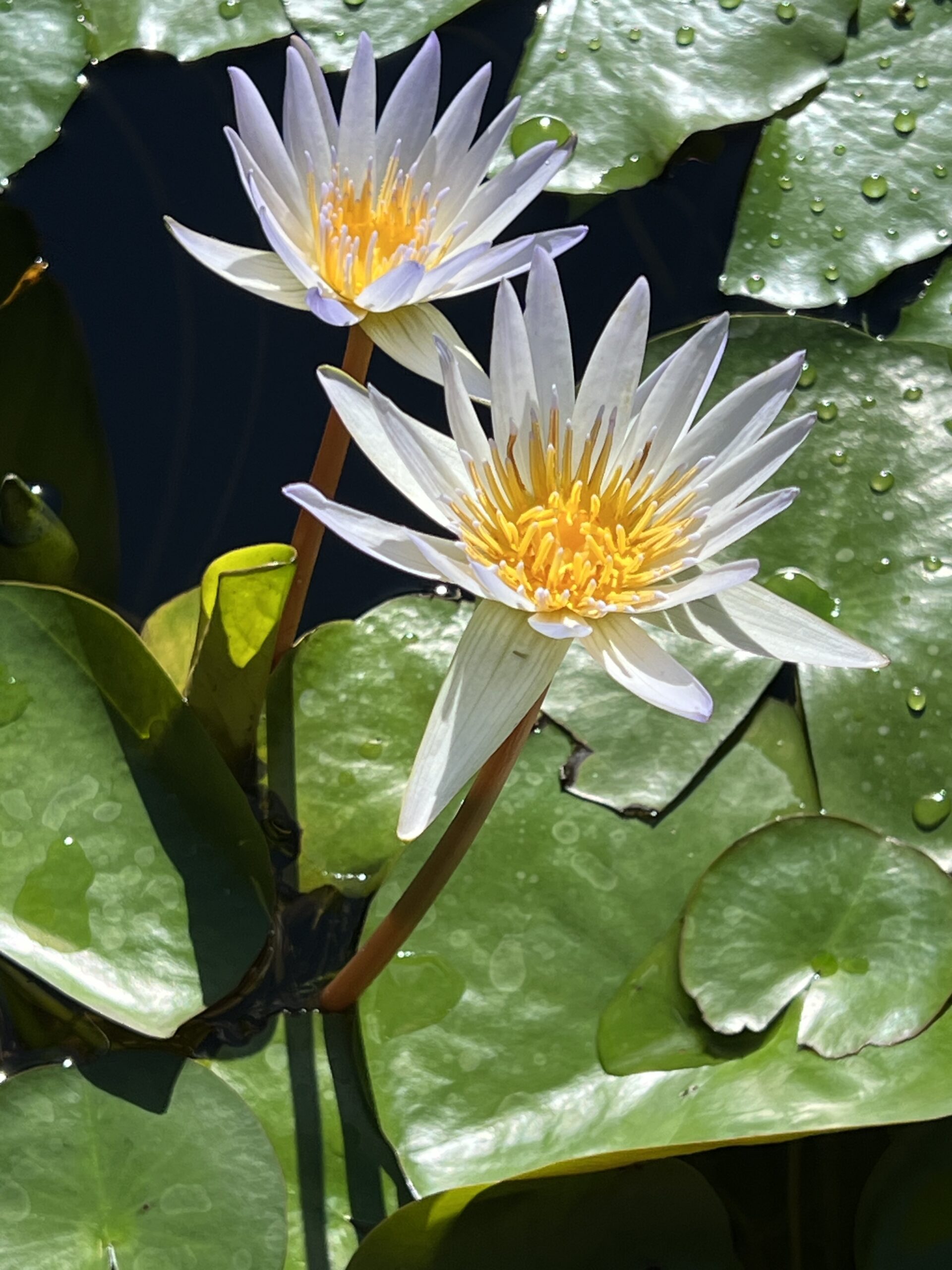“It takes courage to say yes to rest and play when exhaustion is seen as a status symbol.” (Brenee Brown)
The other afternoon I asked one of our grandsons (whom I think is an old soul) what I should focus on for this week’s blog. His response was succinct:
“Doing nothing.”
He followed this with the observation that: “We’re never really doing nothing when we say we’re doing nothing.” Then he went off to join his friends to “do nothing” while I pondered his thought-provoking comment.
Shortly thereafter, an Instagram post from Brenee Brown (as quoted above) was the “second witness” to a message re: learning to take it easy. Hmmmm.
The “third witness” was an email from a good friend who wrote: “Of course you’re tired. Need I remind you that you are always exhausted being with your grandkids, pretty much at a nonstop pace, I’m guessing. And I hate to mention the part about tiring more easily at our age, but I just said it.” Sheesh!
Finally, I opened my Daily Om blog to a post extolling the virtues of napping: “Though judged by many as a pastime of little children or the lazy, the need for a nap is a trait that all mammals share and an acceptable part of the day in many countries.”
That decided it.
The theme for blog #36 became “rest and play”, or “ho’omaha a pa’āni. “Ho’omaha: to give oneself a break”. “A pa’āni: to frolic, joke or play a game”. Pretty self-explanatory. Think footloose and fancy free. The way one dreams that island life should be. And often is. For those wise souls who have what David Brooks calls “a settled philosophy about fundamental things”. In order to join those savvy folk, I think it bears considering the cost to body, mind and spirit, of keeping oneself constantly busy.
I disagree, however, with Brenee’s observation that “exhaustion is a status symbol”. (Our daughter has five kids and is running on fumes most of the time. I don’t think she’d be amused). However, I do see how a pattern of being constantly busy sometimes runs unchecked in my own life. Surrounded, intentionally, by active, motivated and accomplished people means I am confronted, on a regular basis, with a “compare and compete” mentality. My own, that is.
I can’t count how many conversations start with a friendly “So what have you been up to today?” which spurs an urgent inner need to share something praise-worthy: “I biked, paddled, sailed, swam, did yoga, hiked, practiced banjolele, harvested tomatoes etc. etc”. Maybe not all on the same day, but still…
I now understand how this internal pressure to constantly tick off boxes can contribute to the exhaustion that Brenee Brown talks about. I actually tried to convince the few adult members of our family who are visiting us in Hawaïi to participate in a discussion about what we learned “before, during and after” COVID. A group dialogue re: “What adjustments have each of us made? What adaptations do we plan to retain? What things no longer serve a useful purpose? What has to change?” And behind it all looms the elephant in the room: “What to do now that the pandemic is ’over’”?
I recognized the down-side of this desire for a ’post-COVID growth inventory’ when I read Anna North’s Vox article titled: “Lockdown was not a sabbatical. Don’t worry if you haven’t grown as a person during the pandemic”. North noted that “The pandemic gave rise to new, weird kinds of productivity discourse”. A “water-cooler” conversation that might previously have exchanged work-place goals and objectives among office mates, has lately shifted to the domestic arena. The pandemic ushered in a host of internet offerings aimed at ways to productively fill our erstwhile work days. Those fortunate souls who sheltered at home got to live vicariously through social media. Communicate through Zoom. Were inspired – or exhorted – to start new hobbies, catch up on our reading and/or neglected household chores. Or choose from countless online courses. For me, personally it was an opportunity to start composting, herb gardening, banjolele playing, exercising obsessively, and of course, blogging. Busy, busy, busy. And that was before five grandkids arrived.
North’s article was further helpful in letting me know that I’m not alone. She quotes David Blustein, a professor of counseling psychology at Boston College as saying: “An obsessive focus on productivity is part of late-stage American capitalism”. With the result that, during the pandemic, “This productivity ethos has gotten transported into our hobbies, it’s gotten transported into our relationships, into our physical and mental health.”
Guilty as charged!
My idea for the family discussion was a telling example of how Blustein’s “productivity discourse” had pervaded my own pre-and-post COVID approach. Far from freeing me/us from the need for measurable productivity, Anna North observed that the post-COVID discourse was simply “shifting toward the idea that the pandemic should have been a learning experience, helping us optimize our skills, our lives, and ourselves for post-pandemic living”. Same s**t, different pile.
And the antidote to this culturally-conditioned push for productivity?
My grandson’s suggestion of “doing nothing” might just be the remedy I need.
Ho’omaha A’pa’āni Rx: Take a nap. Go play outside.
